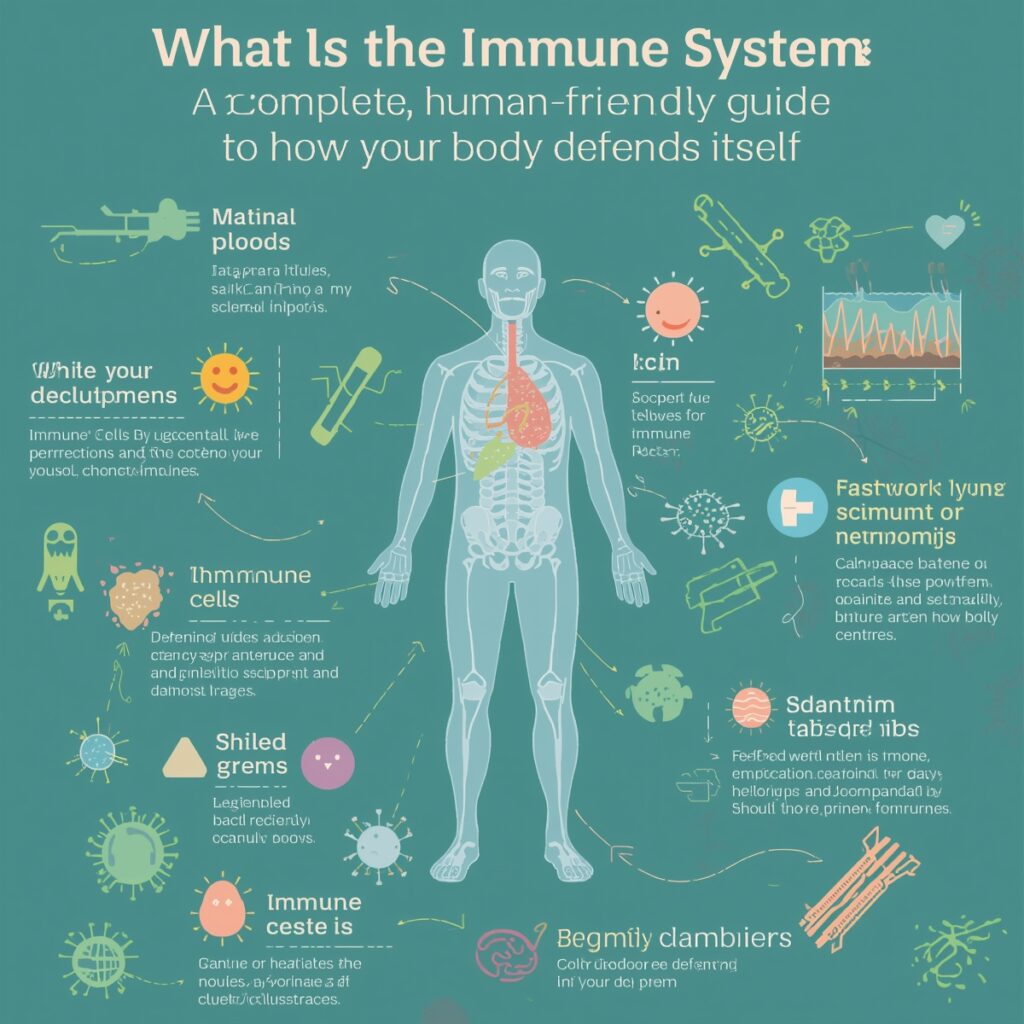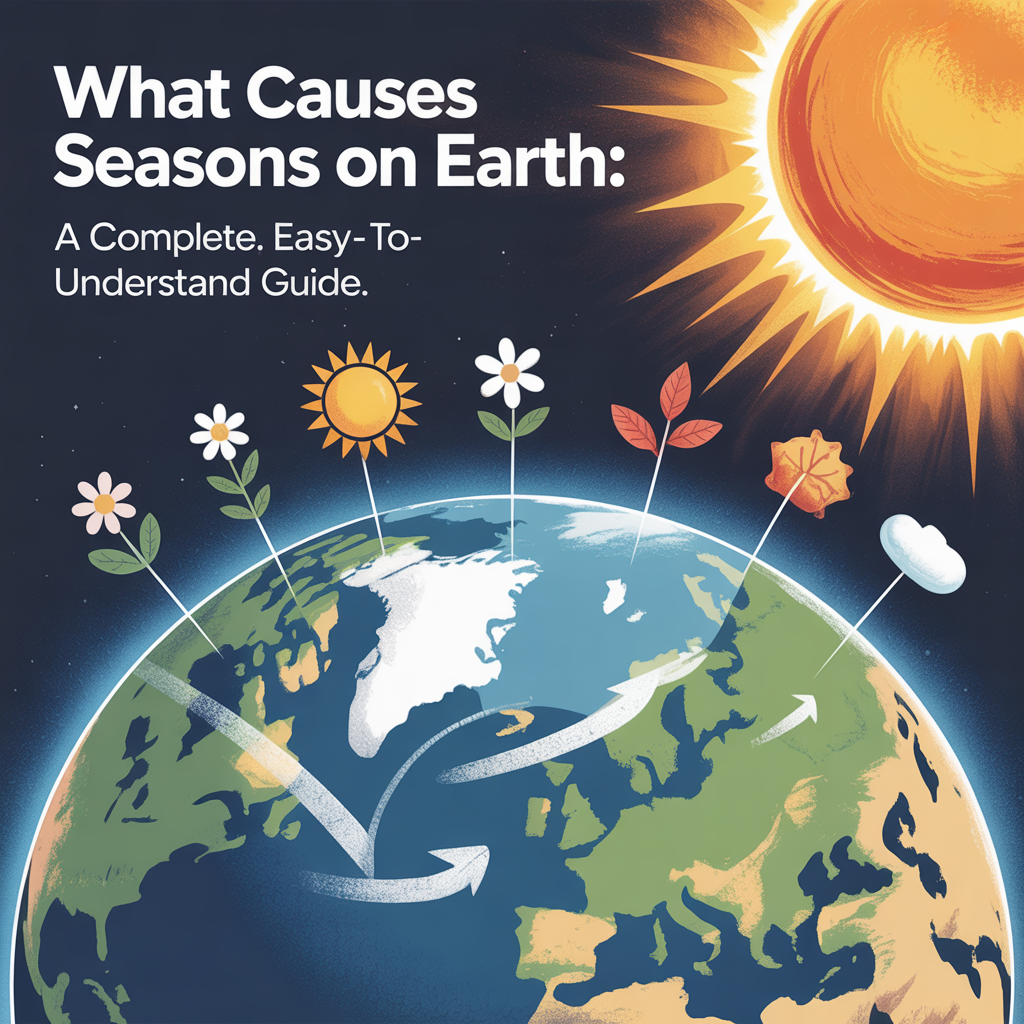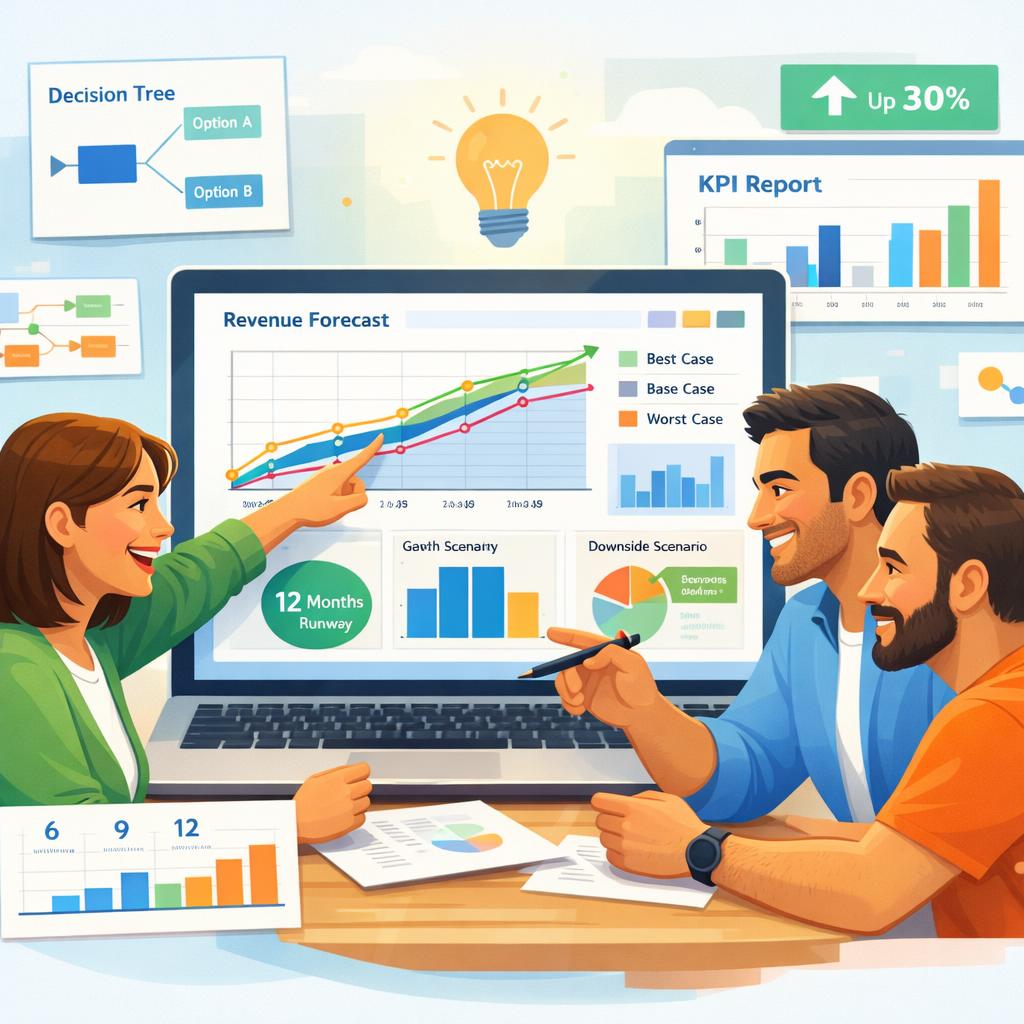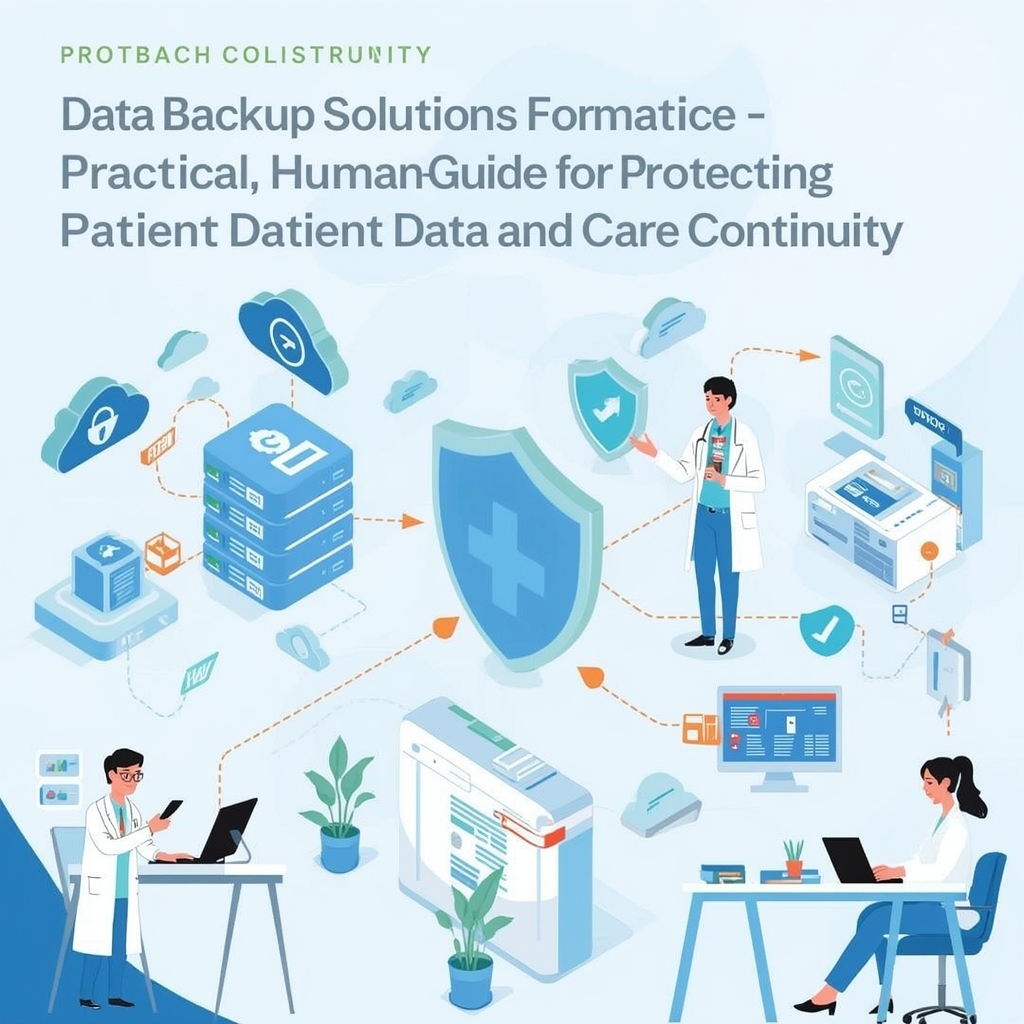What is Climate Change
Climate change refers to long-term changes in temperature, weather patterns, and atmospheric conditions on Earth. While natural climate shifts have always occurred, what we’re experiencing today is different. Human activities—like burning fossil fuels, deforestation, and industrial pollution are speeding up global warming. These actions release large amounts of greenhouse gases, trapping heat and disrupting the planet’s natural balance. As a result, we’re seeing warmer oceans, shifting seasons, and unpredictable storms. Understanding this shift is essential for protecting both the environment and our way of life.
Causes of Climate Change
The main driver of modern climate change is human activity. Here’s how:
-
Burning fossil fuels like coal, oil, and gas for energy and transportation emits carbon dioxide (CO₂).
-
Deforestation reduces the number of trees that absorb CO₂.
-
Agriculture and livestock farming release methane and nitrous oxide—two powerful greenhouse gases.
-
Industrial processes contribute to air and water pollution.
These emissions increase the greenhouse effect, causing Earth’s atmosphere to trap more heat than it naturally should. Over time, this leads to global warming and environmental instability.
Impacts on the Environment
Climate change affects every corner of the Earth. Some key impacts include:
-
Rising sea levels due to melting glaciers and ice sheets.
-
More frequent extreme weather events such as hurricanes, droughts, and floods.
-
Disrupted ecosystems where animals lose habitats and species face extinction.
-
Ocean acidification affecting marine life and coral reefs.
These changes don’t just hurt nature—they affect communities, agriculture, and access to clean water. Understanding these climate change effects is vital for global and local policy-making.
How Climate Change Affects Human Life
People around the world are already feeling the consequences of a changing climate. For example:
-
Health risks such as heatstroke, respiratory issues from wildfire smoke, and spread of disease.
-
Food insecurity due to lower crop yields and unpredictable weather.
-
Economic damage from natural disasters, property loss, and disrupted supply chains.
-
Climate migration, forcing families to leave regions that are no longer livable.
Trustworthiness: Public health organizations and humanitarian agencies like the WHO and UNHCR have documented the growing impact of climate change on human life.
Solutions and What We Can Do
It’s not too late to make a difference. Here are some actionable solutions:
-
Reduce carbon footprint by using energy-efficient appliances, driving less, and flying smarter.
-
Support renewable energy like wind, solar, and hydro.
-
Adopt sustainable habits, such as recycling, reusing, and reducing waste.
-
Protect forests and natural spaces through reforestation and conservation.
-
Advocate for policies that support climate-friendly legislation and green innovation.
Even small lifestyle changes, when done collectively, can create a powerful shift toward a healthier planet.
Scientific Research and Innovation
The science community is at the forefront of tackling climate change:
-
Climate models help predict future conditions based on current trends.
-
Green technology is advancing rapidly—like electric vehicles, smart grids, and carbon capture.
-
Environmental monitoring with satellites and sensors helps scientists track deforestation, ocean temperature, and CO₂ levels.
-
Collaborative projects among countries aim to reduce emissions and invest in clean energy.
Experience & Expertise: This section is informed by findings from the IPCC, NASA Earth Science, and MIT Climate Lab.
The Role of the United States in Addressing Climate Change
As one of the largest economies—and one of the biggest historical emitters—the U.S. plays a critical role in the climate crisis:
-
Federal policies like the Inflation Reduction Act support clean energy investments.
-
State-level initiatives in California, New York, and others are driving innovation in energy and sustainability.
-
Private sector leadership is helping shift industries toward greener practices.
-
Public awareness and education are empowering individuals to demand change.
America’s global influence can be used to lead by example and support global climate goals.
Final Thoughts on Why Climate Change Matters
Climate change is not just an environmental issue—it’s a social, economic, and moral one. It affects ecosystems, human health, food security, and our collective future. Understanding the problem is the first step. The next is action—both personal and political. Whether you’re cutting back on plastic, switching to renewable energy, or voting for leaders with strong climate agendas, your choices matter.











One Response
Can you be more specific about the content of your article? After reading it, I still have some doubts. Hope you can help me.